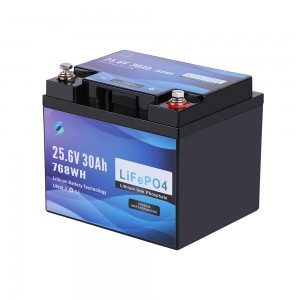
you can overcharge a wheelchair battery, and it can cause serious damage if proper charging precautions aren't taken.
What Happens When You Overcharge:
-
Shortened Battery Lifespan – Constant overcharging leads to faster degradation.
-
Overheating – Can damage internal components or even lead to fire risk.
-
Swelling or Leakage – Especially common in lead-acid batteries.
-
Reduced Capacity – Battery may not hold a full charge over time.
How to Prevent Overcharging:
-
Use the Correct Charger – Always use the charger recommended by the wheelchair or battery manufacturer.
-
Smart Chargers – These stop charging automatically when the battery is full.
-
Don't Leave it Plugged In for Days – Most manuals advise unplugging after the battery is fully charged (usually after 6–12 hours depending on type).
-
Check Charger LED Indicators – Pay attention to charging status lights.
Battery Type Matters:
-
Sealed Lead-Acid (SLA) – Most common in power chairs; vulnerable to overcharging if not managed properly.
-
Lithium-ion – More tolerant, but still needs protection from overcharging. Often come with built-in battery management systems (BMS).
Post time: Jul-14-2025














